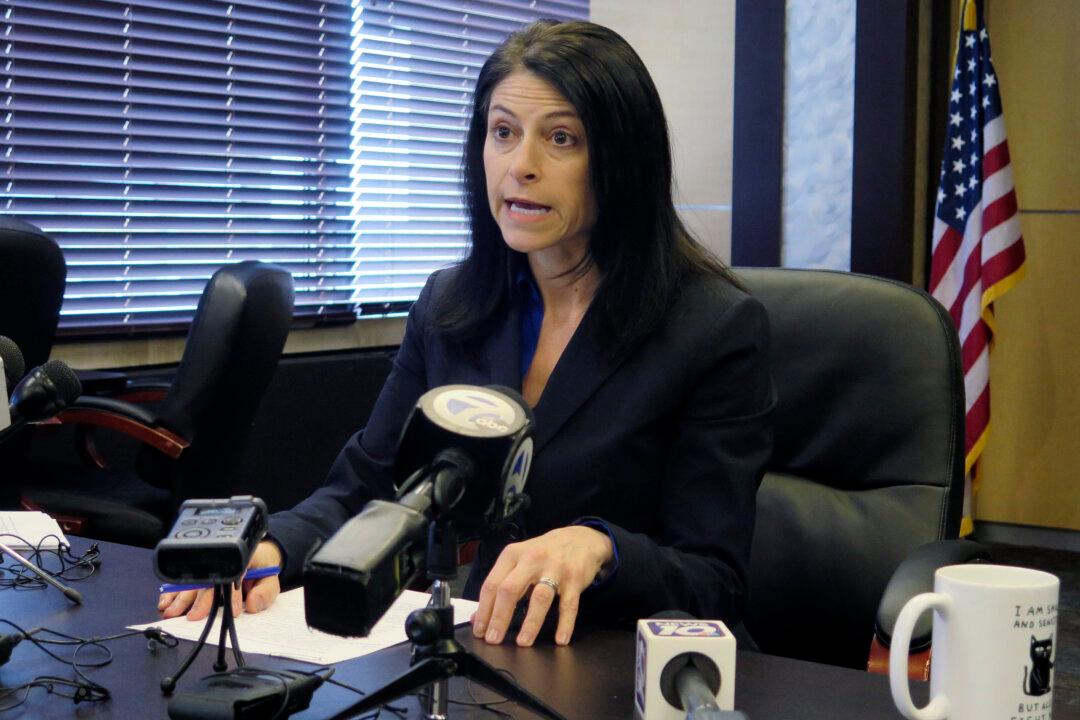On Oct. 6, Lansing Judge Kristen Simmons, a Democrat appointee, refused to dismiss the case of Mari-Ann Henry and rejected the motion for summary disposition of Clifford Frost.
Ms. Henry and Mr. Frost are two of 16 Republican presidential electors charged with eight felony counts of fraud and election forgery in connection with the 2020 election.





